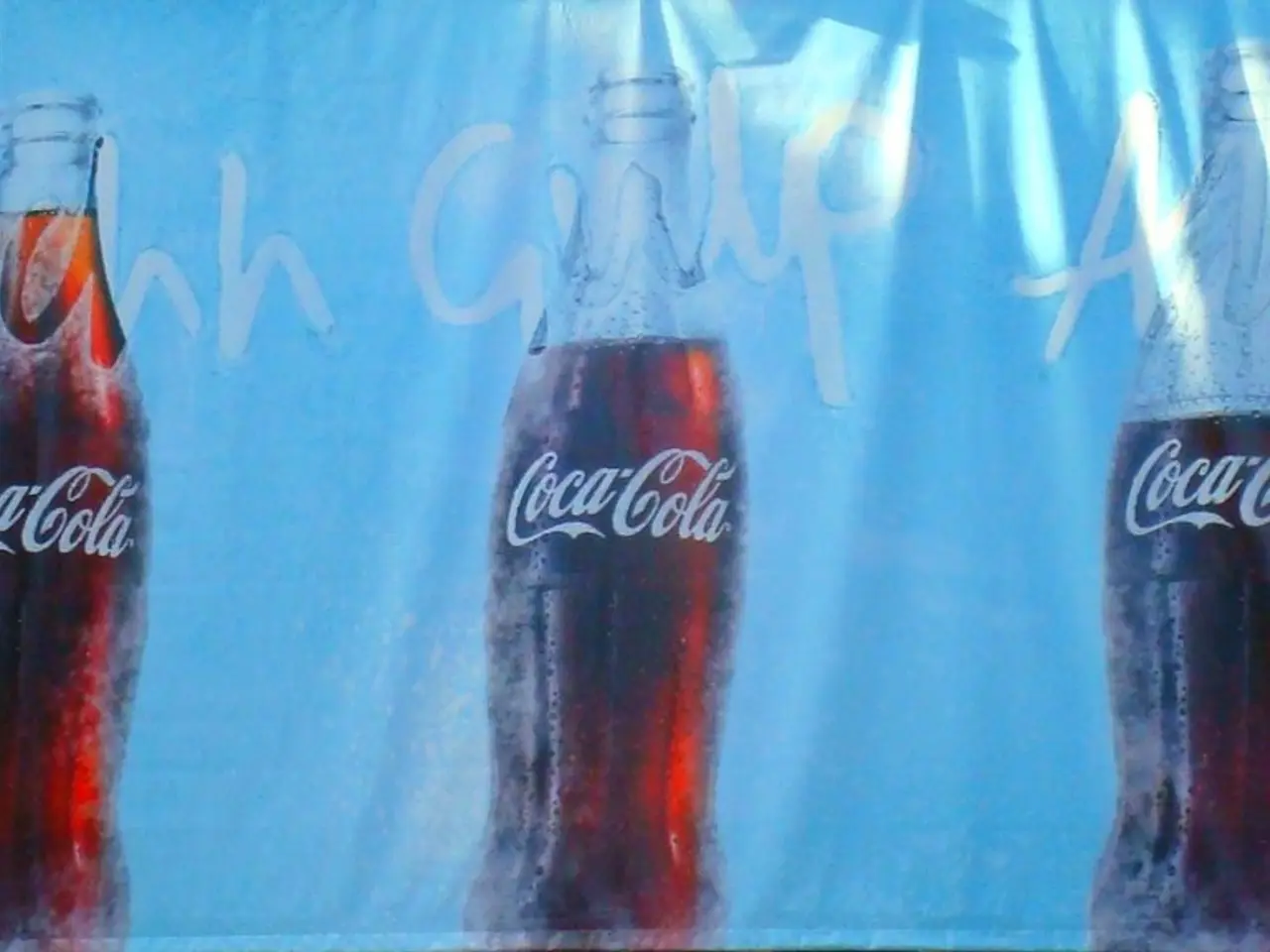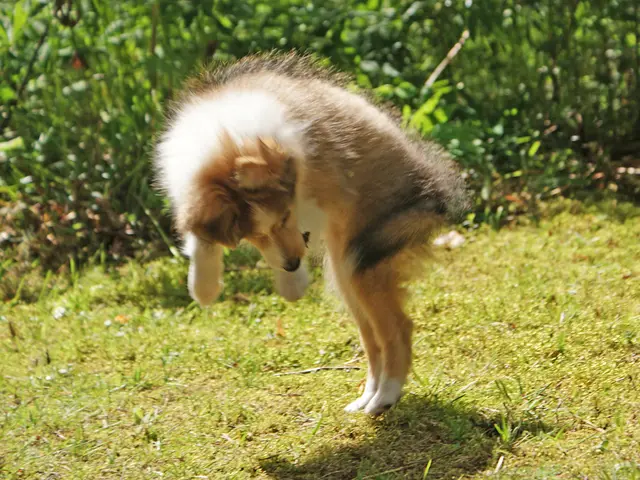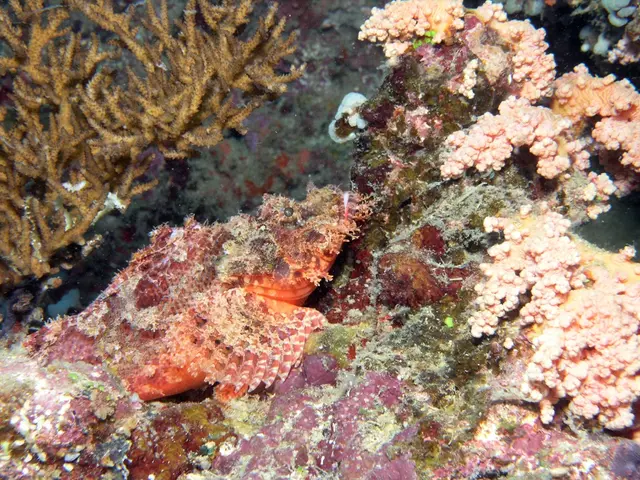Recycling business Reju inaugurates initial polyester processing plant
Reju Tackles Textile Waste with Innovative PET Recycling
In a bid to revolutionise the textile waste industry, Reju, a textile-to-textile regeneration company, has taken a significant step forward. Based in Frankfurt, Germany, Reju's first manufacturing facility is now operational, marking a major milestone in their mission to unlock a new system for textile waste management.
Reju focuses on polyethylene terephthalate (PET) textile recycling, a crucial area given that the world produces 92 million tons of textile waste each year, yet less than 1% is recycled, according to Reju's CEO, Patrik Frisk.
Frisk, who brings a wealth of experience from the fashion industry, previously serving as CEO of Under Armour Inc., CEO of Aldo Group, and holding executive roles at VF Corp., including president of Timberland and vice president and general manager of The North Face, announced that deliveries are expected to begin in 2025.
The technology used by Reju for PET textile recycling was developed through a partnership with IBM, Under Armour, and Technip Energies, the parent company of Reju. This technology acts as a molecular sorter, potentially allowing PET textiles to be regenerated infinitely.
Technip Energies, an engineering and technology firm specialising in sustainable chemistry, hydrogen solutions, and CO2 management, is committed to driving sustainable change. The company's involvement in Reju's project underscores its dedication to finding solutions for the fashion industry's heavy reliance on synthetic fibers, as highlighted in a report published in September 2024.
With the Frankfurt facility, called Regeneration Hub Zero, now up and running, Reju plans to open two additional plants by 2027, one in Europe and one in the U.S., each with the capacity to produce 50,000 metric tons of recycled polyester. The facility is expected to produce 1,000 metric tons of Reju's proprietary product, Reju Polyester.
This development is a significant step towards guaranteeing textile-to-textile traceability, a critical aspect in the fight against textile waste. As the world continues to grapple with the environmental impact of the fashion industry, initiatives like Reju's offer a glimmer of hope for a more sustainable future.
For more insights on the intersection of science and fashion, refer to the article "Can science save fashion?" published by Lauren Schenkman on August 2, 2023.
Read also:
- Latest Edition of Bus-News Magazine Arrives for 2023!
- Testing the Camp Mode of the 2025 Tesla Model Y with Juniper's interior housing two kids, shockingly low CO2 levels were discovered.
- Demonstrating Carbon Storage in Agricultural Forestry through Digital Monitoring and Verification
- EV and Charging Technologies will see broader horizons at SINBON's Battery Show in 2025, as the event aims to push boundaries.








